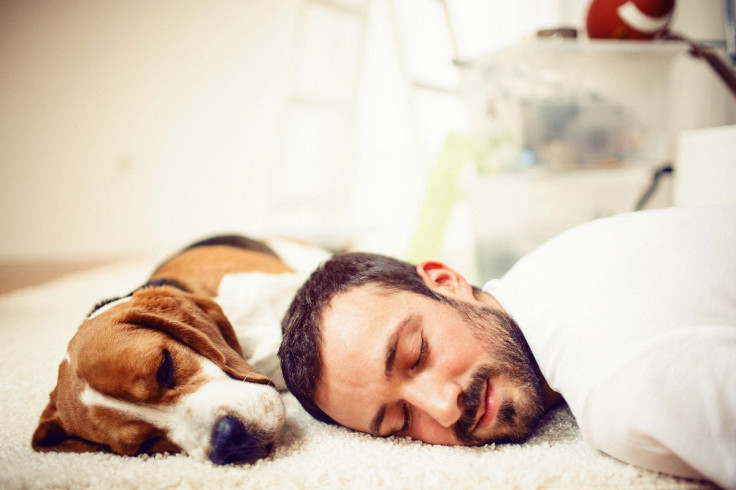Clean sleeping: How to get your eight hours a night

KEY POINTS
- The term was coined by actress and Goop founder Gwyneth Paltrow.
- It has been proven that sleep deprivation increases our risk of cancer, heart attack and Alzheimer's.
Goop founder Gwyneth Paltrow has advocated a number of questionable health practises over the years, from vaginal steaming to cooking with "sex dust".
However, among the dubious trends she's backed, one of her latest has proven to be very topical and touched on something we're all likely to agree on. She calls it "clean sleeping".
In December 2016, the American actress penned an article to the Mail Online on the topic and linked irritability and stress to poor amounts of sleep.
"The lifestyle I lead is based not just on clean eating, but also on clean sleeping: at least seven or eight hours of good, quality sleep — and ideally even ten," she said.

Whilst she does lose marks slightly for recommending a copper pillow, the fundamentals of her point are pretty reasonable. To a degree most people already acknowledge the benefits of sleep. The question is, do we really understand its true impact?
Matthew Walker, a leading neuroscientist and the author of Why We Sleep, feels there is a real issue surrounding individual and societal views on sleeping.
In one passage from his recent book he writes: "Scientists have discovered a revolutionary new treatment that makes you live longer. It enhances your memory, makes you more attractive. It keeps you slim and lowers food cravings. It protects you from cancer and dementia...You'll even feel happier... Are you interested?"
Most of us would hastily demand a prescription for this miracle drug, right? Well, the answer is sleeping for eight hours or more, as anything less is sleep deprivation. He should know, he's researched everything in his book himself.
What's more, for anyone left unconvinced by the weight he gives sleep, the science behind it is pretty astonishing. Adults aged 45 years or older who sleep less than six hours a night are 200% more likely to have a heart attack or stroke in their lifetime, compared with those sleeping seven or eight hours a night.
While this statistic seems outrageous, it comes down to something as simple as blood pressure. Just one night of modest sleep reduction will increase a person's heart rate, hour upon hour, and significantly increase their blood pressure. In fact, not sleeping for long enough is comparable to smoking or drinking excessively. Walker, who spent four years researching the subject, has multiple examples to underline his point.

Perhaps the most terrifying aspects of his work is the link between Alzheimer's and lack of sleep. Due to the impacts of memory restoration in connection with amyloid deposits in the brain, the loss of deep sleep has been proven to halt the organ's ability to protect itself against developing the disease. He cites the fact that Margaret Thatcher and Ronald Reagan were proud of how little sleep they needed and eventually went on to develop the disease – although these links aren't proven.
In addition to this, he highlights that sleep is a form of therapy for mental health problems as it allows us to release some of the emotional charge we've experienced. This apparently enables us to deal with things that have happened to us during the day.
The fact that 25% of Brits only sleep for five hours or less per night, according to research by Silentnight and The University of Leeds, is a cause to worry.
While Paltrow's stress on sleep might not be revolutionary, it reiterates a part of health often overlooked. Perhaps we should all concentrate on winding down for a few extra hours of sleep before signing up to that gym membership.
Here are 4 tips for achieving a good sleep:
- National Sleep Foundation recommends practising a relaxing bed time ritual to truly relax
- The NHS stresses the importance of sleeping at regular times each night as it programmes the body
- They also recommend creating a strong distinction between your bedroom from workspace
- National Sleep Foundation suggest creating a comfortable atmosphere to sleep in e.g nice pillows






















